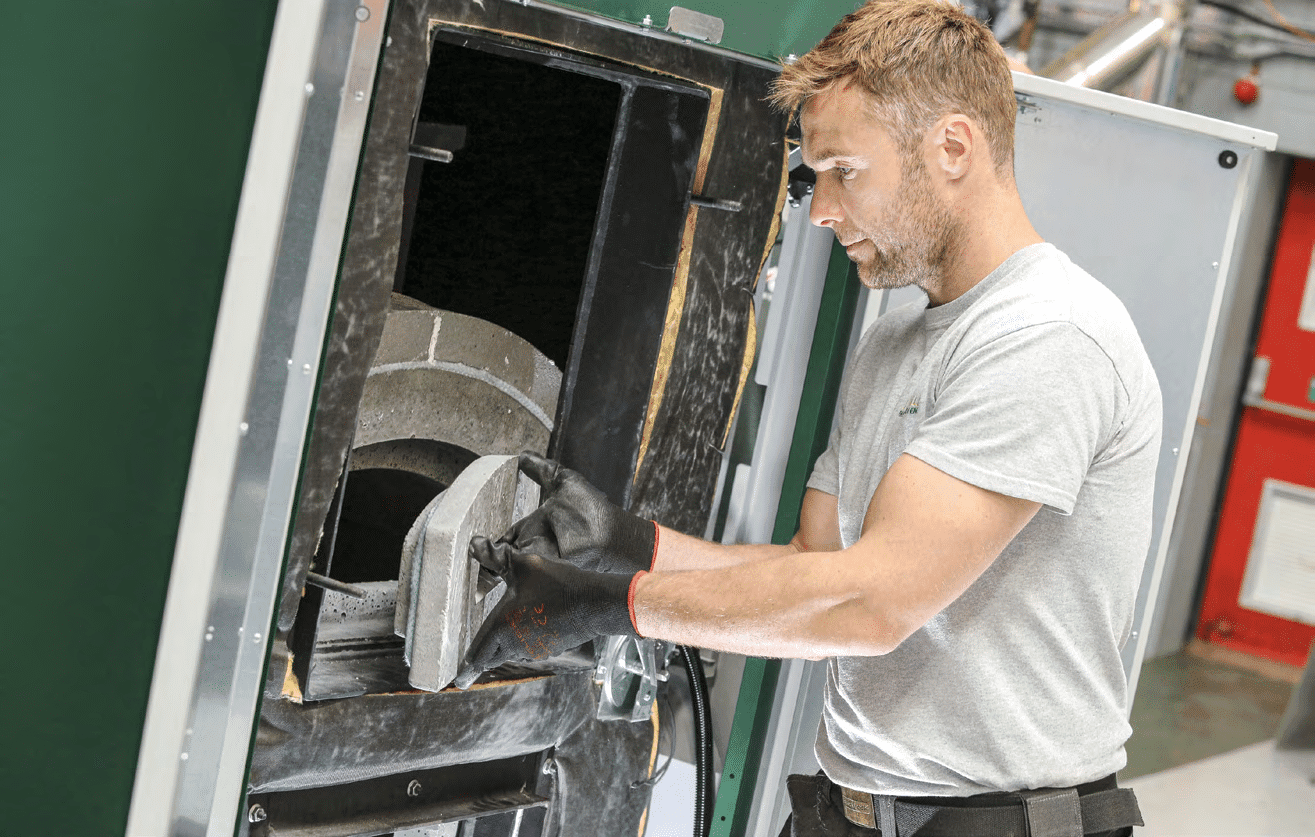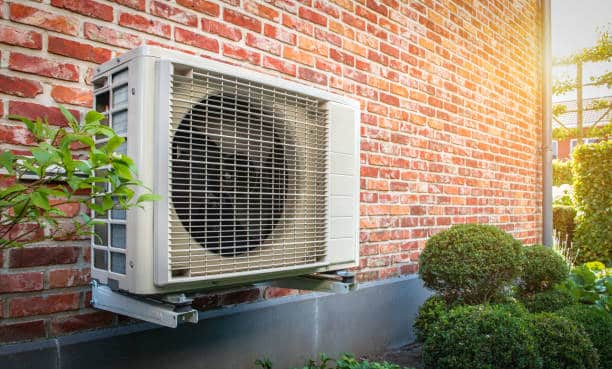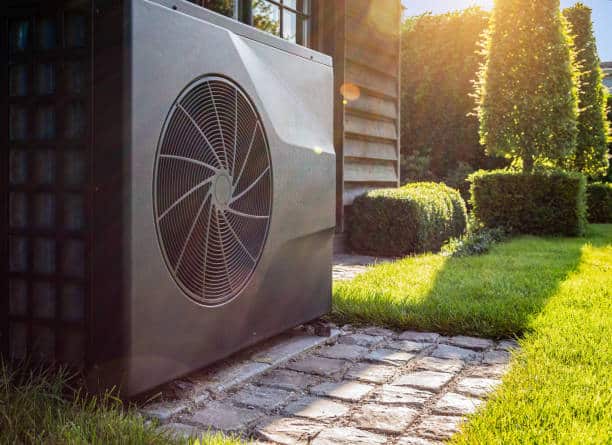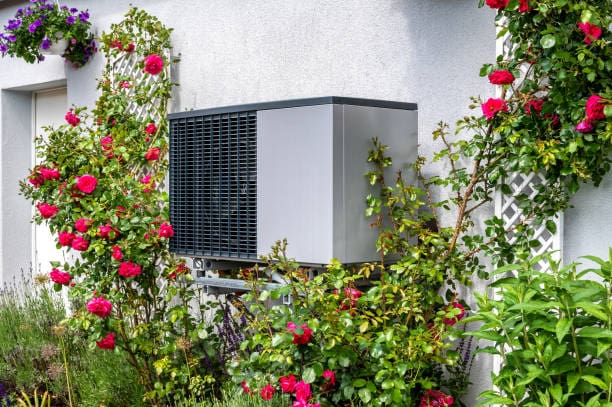Renewable Heat Incentive or RHI is a scheme designed by the UK government to give financial incentives to individuals who make use of renewable energy sources to heat their homes. Put simply, you get paid to produce green energy.
The first non-domestic RHI program was established in 2012. After that, the government decided to launch the domestic RHI that focused mainly on homeowners, private and social landlords and self-builders.
As a responsible citizen, by using energy sources that are renewable, you can do your part in helping reduce carbon emissions. Individuals installing and using systems that produce renewable and clean energy will receive quarterly payments over seven years under the RHI scheme.
What is the Purpose of the RHI?
RHI as a part of the UK government’s scheme is meant to encourage the use of renewable heating systems amongst communities, businesses and homeowners while offering financial incentives. However, the primary goal of this initiative is to contribute largely towards producing at least 12% heating from energy sources that are renewable by 2020.
But, How Does The RHI Scheme Work?
As you know by now, financial support is provided to individuals who use green technologies for residential heating under RHI. These payments are to offset the installation and running costs of new heating technologies.
Domestic RHI was introduced in April 2014 and it’s managed by the Government’s Department for Business, Energy and Industrial Strategy. Its aim is to curb carbon emissions and assist the UK in achieving its renewable energy targets.
All you have to do is apply to the energy regulator at the Office of Gas and Electricity Markets (Ofgem) and join the scheme. Given your eligibility, it’ll make payments to you over time.
Am I Eligible For RHI?
If you own renewable technology or occupy the property it’s installed in, you’ll be eligible for payments under the domestic RHI program. So, as an applicant, you’ll have to be –
- An owner of the property
- An occupier of the property
- A social or a private landlord
- A self-builder
A new build property will be eligible for RHI payments only if it is custom-built. Homes that are custom-built must be constructed by you or the property’s first owner; it must be owned by an individual and not a company and it mustn’t be occupied until the renewable heating technology is commissioned.
Which Heating Systems Does RHI Cover?
Mentioned below are heating systems that are eligible under RHI:
- Biomass Pellet Stoves and Boilers
- Ground Source Heat Pumps
- Air Source Heat Pumps
- Solar Thermal Panels
What Do I Need To Apply Under RHI?
As an applicant you’ll need to provide the documents and information mentioned below:
- Bank details and personal information
- Answers to survey questions for evaluation purpose
- Answers to eligibility questions
- Signing up to the scheme rules
- Energy Performance Certificate Number
- Green Deal Advice Report Number
- Microgeneration Certification Scheme (MCS) Certificate Number
To qualify under the domestic RHI scheme, a homeowner also has to:
- Carry out a Green Deal Assessment.
- Have cavity wall and loft insulation of at least 250 mm.
- Make a yearly declaration claiming the correct operation and maintenance of the system that conforms with the manufacturer’s instructions.
And there you have it!
At JL Philips, we’ll assist you every step of the way so you can take advantage of the RHI scheme while being environmentally responsible.
If you’re fed up with paying extortionate energy bills and want to help reduce your carbon footprint, contact J L Phillips and get your quick quote today!




